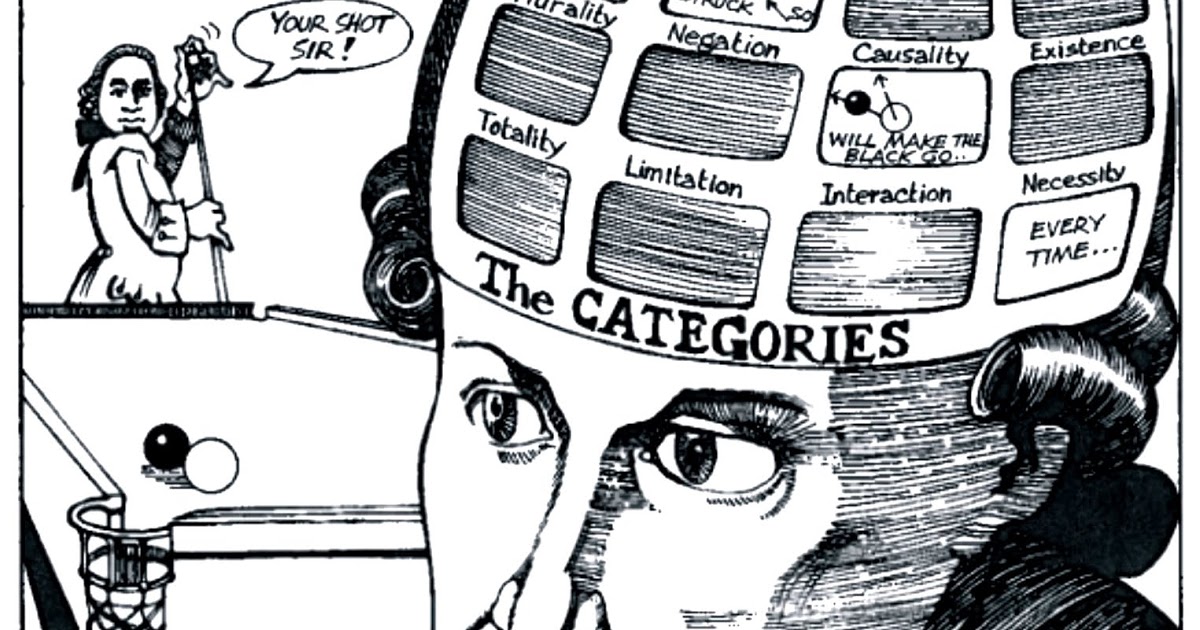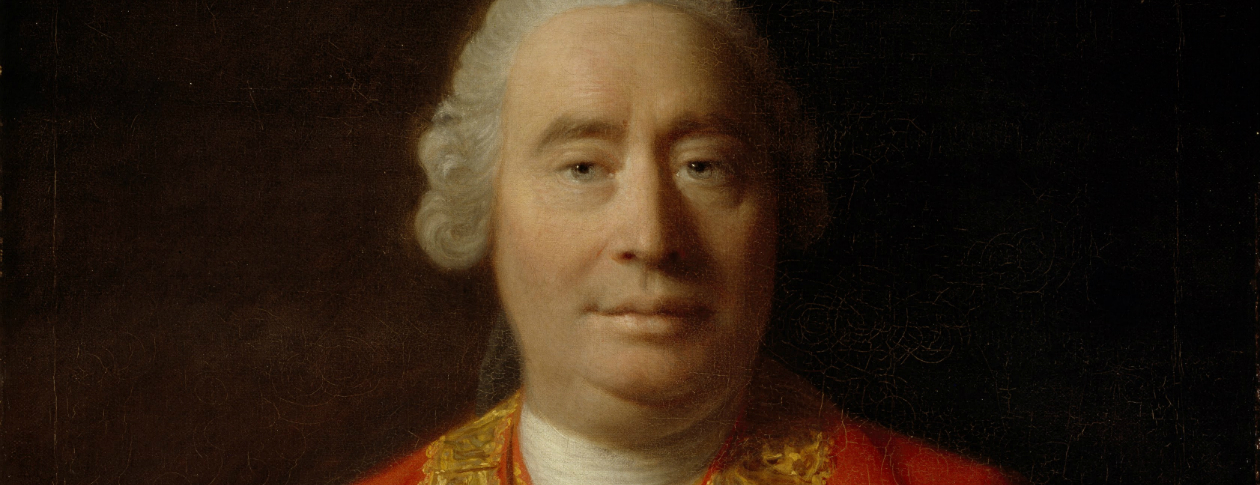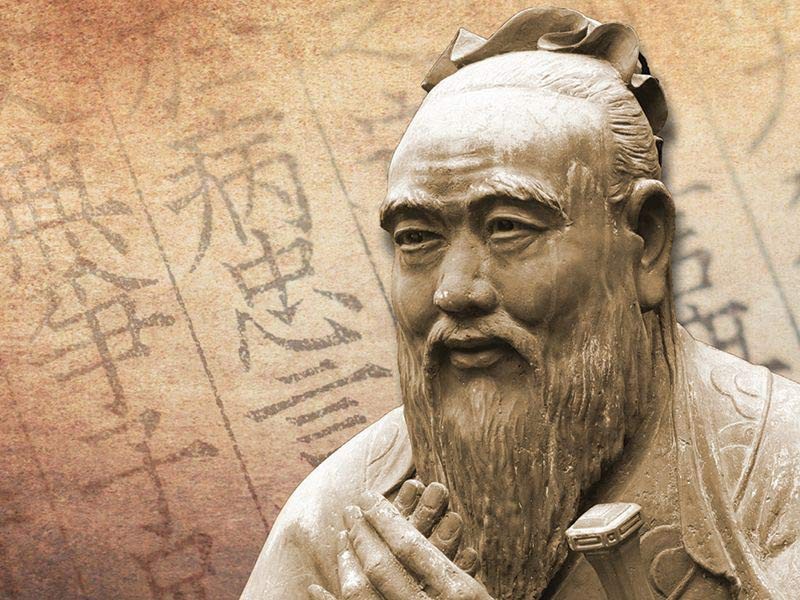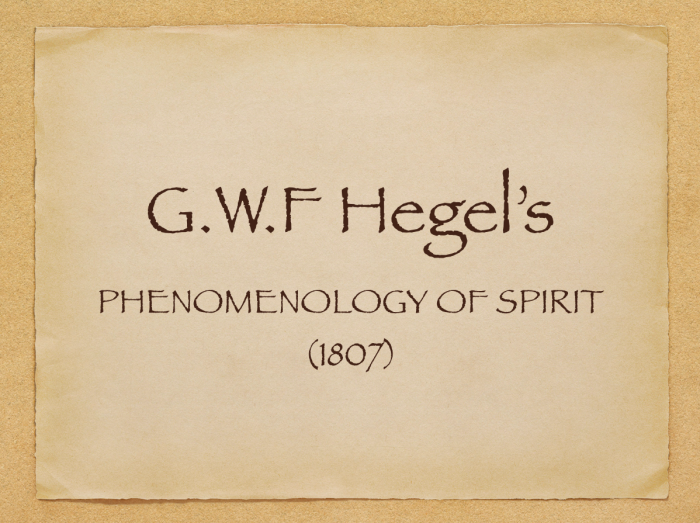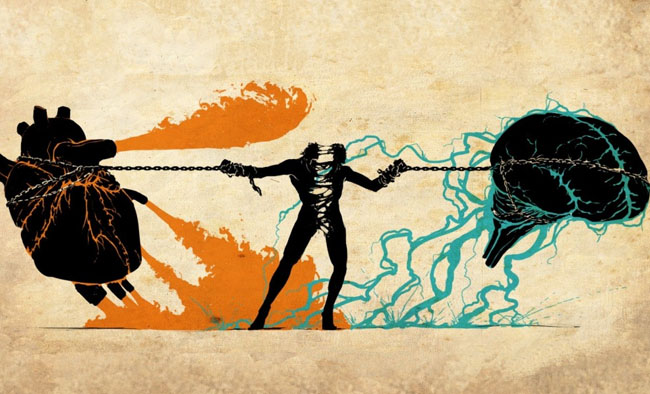What does it mean to be free? First and foremost, it is a word, obviously, so it must come from somewhere. According to John Locke political theory in the Age of Enlightenment, Liberty is one being free from a superpower. Adam Smith, grandfather of economy, based his entire economic theory on individual liberty. Even in the bible, the concept of liberty run strongly to the core, embedding in the logos, a spark of divinity in every man. This appearance of Western thought runs through the veins of every free individual. So strongly, in fact, it is manifested in The Bill of Rights. How unthinkable to even reject it through reason when it is Western history itself.
But even the impeccable concept is still intangible ideas. Look at Eastern Philosophy, trace back to Confucius teaching. The Western notion diffuse and differs. Men here in the Orient are men as a community. To take one’s self-interest is the same thing as the regard for others. Egoism and Altruism combined. Combined not in a way that virtuous person is partially egoistic and partially altruistic but both simultaneously. Personal and Politics circulating as one in terms of virtue ethics of the synthesis between Egoism and Altruism, that is the role of the government in the East, different from the liberal view.
To learn and understand the foundation of roots is to alienate from one’s manifestation. How am I to feel indifferent about both views. But the external is binary, to make a choice between one-another. No longer in the state of paradox left in the mind. To choose one is to reject the solid ground of an empire. How am I to decide? To view as the eye of Horus staring down at the pyramid. Now we have a split, between the above and the within, the minority and the majority, the master and the slave. Pick a side, through the guidance or multiplication.

